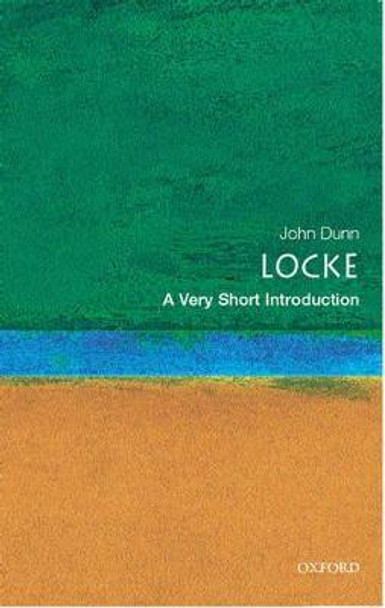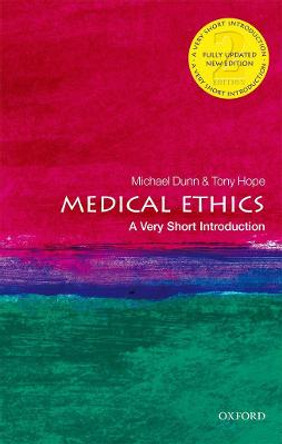John Locke (1632-1704) one of the greatest English philosophers of the late seventeenth and early eighteenth century, argued in his masterpiece, An Essay Concerning Human Understanding, that our knowledge is founded in experience and reaches us principally through our senses; but its message has been curiously misunderstood. In this book John Dunn shows how Locke arrived at his theory of knowledge, and how his exposition of the liberal values of toleration and responsible government formed the backbone of enlightened European thought of the eighteenth century. ABOUT THE SERIES: The Very Short Introductions series from Oxford University Press contains hundreds of titles in almost every subject area. These pocket-sized books are the perfect way to get ahead in a new subject quickly. Our expert authors combine facts, analysis, perspective, new ideas, and enthusiasm to make interesting and challenging topics highly readable.
About the AuthorJohn Dunn is a Fellow of King's College and Professor of Political Theory at the University of Cambridge. He is the author of The Political Thought of John Locke, Western Political Theory in the Face of the Future, Modern Revolutions, and The History of Political Theory, and the editor of Democracy: The Unfinished Journey.
ReviewsReview from previous edition 'lucid and lively ... offers a rich insight into the triumphs and tragedy of the source of English ideology' * New Society *
Book InformationISBN 9780192803948
Author John DunnFormat Paperback
Page Count 144
Imprint Oxford University PressPublisher Oxford University Press
Weight(grams) 122g
Dimensions(mm) 178mm * 114mm * 8mm







